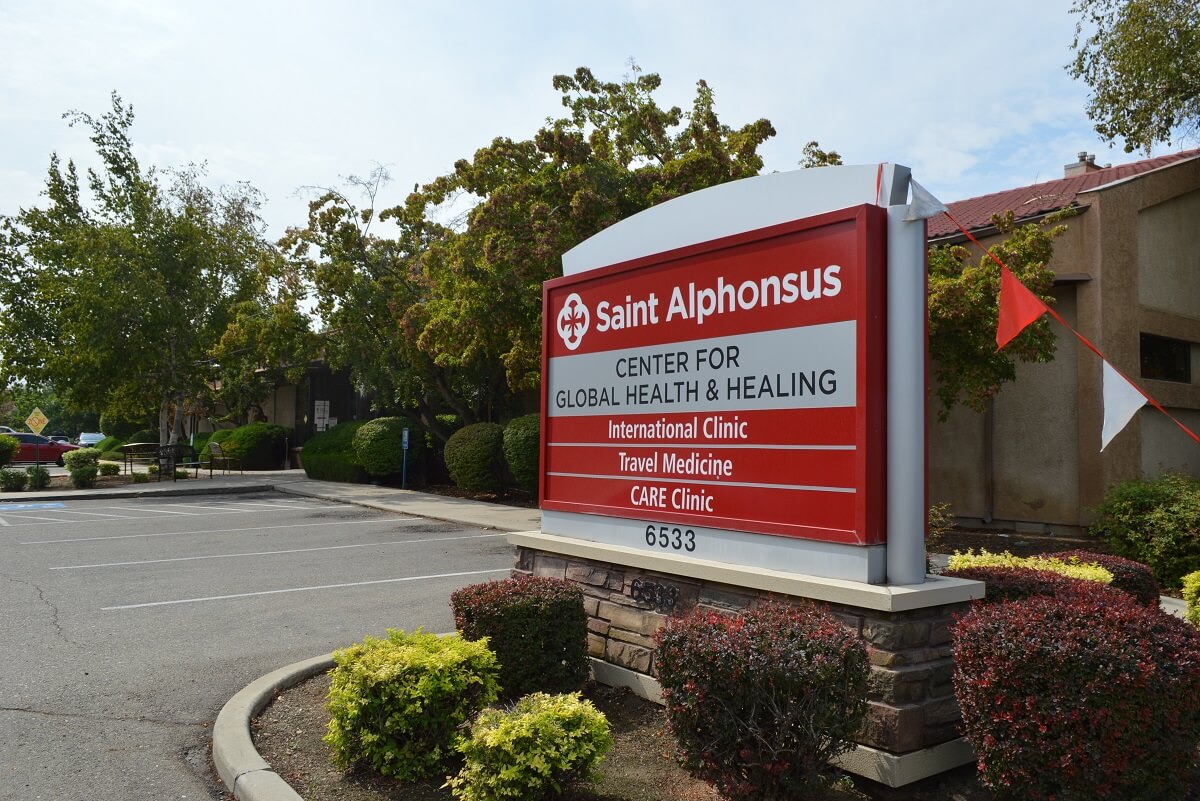Ministry Facilities Ease Immigrants' Access to Health Care, Social Services
November 15, 2022
By: Julie Minda, Catholic Health World
Categories: Community
Hundreds of refugees are resettled in Boise, Idaho, each year. This year the city is on track to welcome more than 1,000 refugees.
During the 2000s, most of these new residents have come from Iraq, Congo, Burma, Bhutan, Afghanistan, Somalia, and Nepal, according to the Idaho Office for Refugees, the refugee resettlement administrator for Idaho state. More recently, refugees have arrived from Ukraine. More than 50 countries are represented among Boise's resettled population.
To ensure the new arrivals as well as immigrants who have come before them receive health and social services in a way that is individualized, culturally appropriate, linguistically responsive and trauma informed, the medical group of Boise's Saint Alphonsus Regional Medical Center launched its Center for Global Health & Healing about seven years ago. It provides women's health care and family medicine and runs a federally funded grant program for survivors of torture.
Elizabeth Rutten-Turner, a licensed clinical social worker at the center, says, "We build strong, trusting relationships with families. We help with wraparound care. We meet patients where they are. We address the social determinants of health."
Adds Sarah Mohr, practice manager of the Boise facility: "So often in western medicine, medical appointments are fast and driven by the goals of the providers." At the global health center, "we slow down and take our time with patients."
Dr. Chip Roser, the center's medical director, explains that most of the center's patients are refugees who fled war or other armed conflict. Many endured physical and mental trauma in their homeland and in refugee camps where they may have waited months or years for immigration documents.
Rutten-Turner adds that once resettled in the U.S., refugees typically have difficulty securing affordable housing, transportation, food and good jobs.
The job market has brightened in recent years, Rutten-Turner says, as more factories and plants have opened in and near Boise and families who arrived years ago are opening their own businesses and hiring members of their community. Also, a nonprofit is helping immigrants who left professions to get recertified and hired in jobs that use their skills and education. "Employment opportunities have greatly improved, although wages are still quite low compared to cities of similar size," says Rutten-Turner.
Still, uprooting one's life and acclimating to a new culture is a high-stress proposition. "Many of our patients, no matter how long they've lived here, are struggling with adjustment issues, acute stress disorder as well as complex, compound trauma and stress disorder, major depressive disorder," says Rutten-Turner.
Roser puts it this way: "We work at the intersection of trauma and medical care."
The Center for Global Health & Healing works closely with all resettlement and refugee aid organizations in Boise.
Rutten-Turner says the cornerstone of the center's success is a team of 11 community health advisers who serve individuals and families who speak the same language and are from the same cultural groups. The advisers are alert to the needs of their communities, and they work alongside center staff to address those needs. They also spread the word about the health center in the refugee community.
All the advisers are certified in medical interpretation and provide language services at the center. All were hired for their interpersonal and leadership skills, says Rutten-Turner.
The center has 25 staff members, including physicians, nurses, licensed clinical social workers, the community health advisers and administrative workers. Every staff member receives ongoing training in delivering trauma-informed care.
The center's social workers provide counseling — they've been trained in cross-cultural therapy — and they can connect patients with other resources to address social determinants of health. The social workers are part of the center's team that is using the federal grant to offer tailored counseling, medical care and legal support to survivors of torture.
Mohr says while data shows the center helps improve health outcomes, some of the most poignant validation of its work comes anecdotally. Patients of the center say they feel staff treats them like family members. "They keep bringing their families back and they recommend us to their friends. To me this speaks volumes about the trust we've established," she says.
